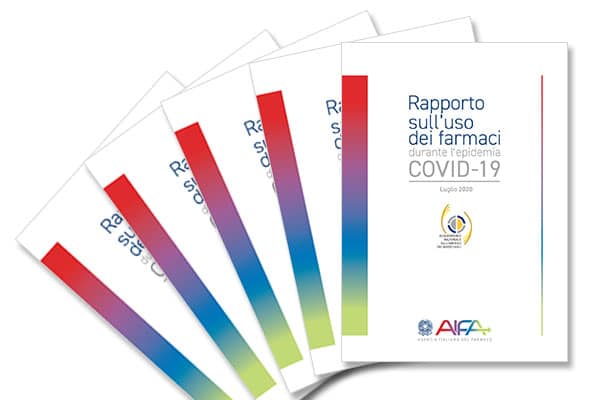The Report on the use of medicines during the COVID-19 epidemic was presented today, created thanks to the data processed by the National Observatory on the Use of Medicines (OsMed) of the Italian Medicines Agency.
In addition to the AIFA General Director Nicola Magrini (in the picture), who opened the proceedings, was attended by the President of the
“Ringrazio i colleghi del Comitato Tecnico Sanitario della Protezione Civile – ha esordito il DG AIFA Magrini – per essere intervenuti, ma soprattutto per la proficua e costante collaborazione instaurata in questi mesi per fronteggiare l’epidemia e l’emergenza sanitaria. Abbiamo lavorato molto e bene, per il bene del Paese”.
“The Report on the use of medicines during the COVID-19 epidemic – continued Magrini – is a product of OsMed which I would define as AIFA's 'flagship tool', which has been active for 20 years now thanks to the collaboration with the ISS and other Italian institutions. The publication was processed in record time, with the same promptness with which AIFA gave a continuous and rigorous response to the emergency situation".
The document analyzes the type and consumption of drugs used in the first months of 2020 to treat the COVID-19 infection, but also those used in public health facilities to deal with the emergency, with differences highlighted between the pre-COVID-19 period , identified in the quarter December 2019-February 2020, and the following one, from March to May 2020.
The Report is made up of three sections that analyze the different ways of dispensing medicines: the channel of direct purchases, i.e. medicines purchased directly and dispensed at the structures of the National Health Service (SSN); purchases from public and private territorial pharmacies reimbursed by the NHS with a prescription; private ones paid by citizens, mainly for class C drugs.
Furthermore, in the pre and post COVID-19 period, consumption for the categories of drugs used for chronic diseases remained stable, testifying to the success of the strategies implemented to promote continuity of care for chronically ill and frail patients, including the extension of the validity of therapeutic plans, the dematerialisation of medical prescriptions and institutional information.
“Soprattutto durante l’emergenza – ha sottolineato ancora Magrini – ci siamo resi conto di come solo gli studi randomizzati devono rappresentare uno standard di ricerca solido in grado di guidare la pratica clinica, come dimostra il caso dell’idrossiclorochina. È fondamentale anche ripensare la ricerca scientifica internazionale, perché solo da una visione sovranazionale è possibile trovare posizioni coerenti e sostanziale consenso sui trattamenti più utili”.
“There are pandemics – concluded Magrini – and they may return in the coming decades: it will therefore be important to keep what happened in our memory and possibly independently evaluate the ability to react. The pain and mourning of these months will have been useless if we are willing to accept the usual recipes”.
AIFA – Pubblicato il: 29 luglio 2020
